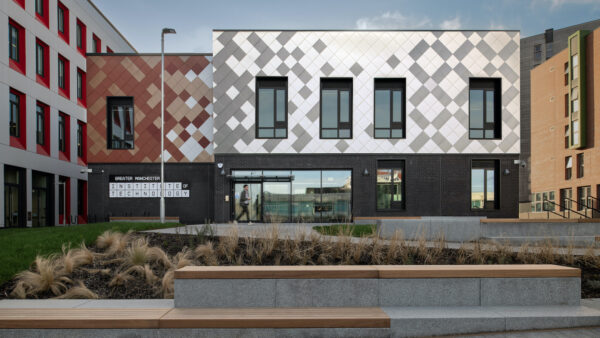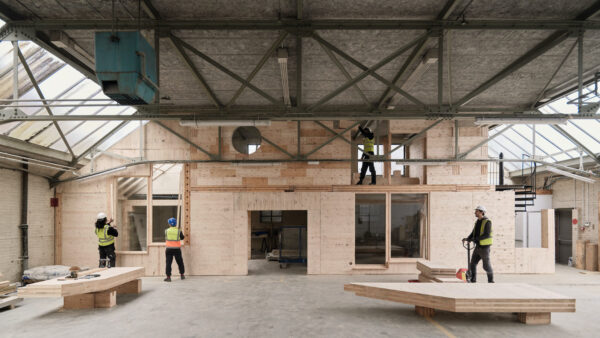The Chartered Institute of Building has welcomed new legislation in Scotland that gives powers to ministers to assess and remediate buildings with unsafe cladding where owners do not provide consent.
The Housing (Cladding Remediation) Bill will allow the establishment of a responsible developers scheme to encourage developers to pay for, or carry out, remediation work. In England, the UK government launched a responsible actors scheme in July, requiring residential developers to pay for building safety remediation work.
Subject to further consultation, Scotland’s responsible actors scheme will likely include an agreement to pay for remediation costs, with potential sanctions for developers that are eligible, but do not join or continue membership.
Under the Bill’s proposals, the Scottish government would record remediated buildings’ assessment and works in a cladding assurance register.
Ministers will also seek the transfer of powers to create a new Building Safety Levy, equivalent to the UK government’s Building Safety Levy for England. The levy will ensure that developers in Scotland contribute financially to tackling cladding issues.
Important discussions still lie ahead
Jocelyne Fleming, CIOB’s policy and public affairs officer in Scotland, said: “We were pleased to see the introduction of the Cladding Remediation Bill to Scottish Parliament this month to ensure that building safety is a priority and, in part, to provide the much-needed legal framework to conduct assessments and undertake cladding remediation works within Scotland’s unique tenure system.
“However, many important discussions still lie ahead, as much of the detail will come in the form of secondary legislation. CIOB will continue to engage with other professional bodies, stakeholders, and Scottish government officials to help ensure that new arrangements are workable in practice and that the content of secondary legislation and guidance is fit for purpose.
“In particular, we are keen to work in tandem with the Scottish government and other professional bodies to ensure that the qualifications and competencies required for individuals conducting single building assessments are comprehensive and ensure the quality and reliability of these assessments for homeowners, occupiers, lenders and other stakeholders.”











